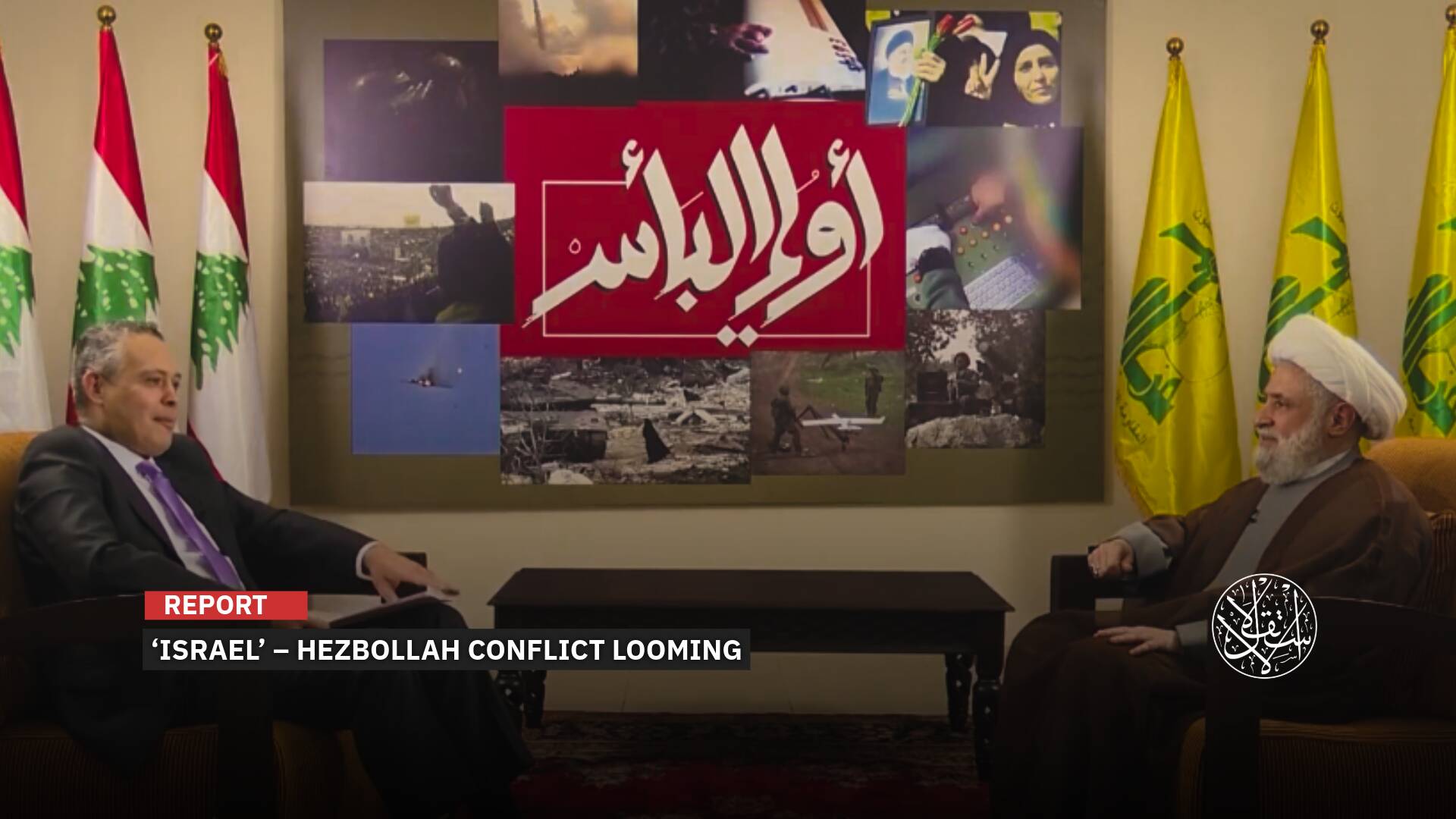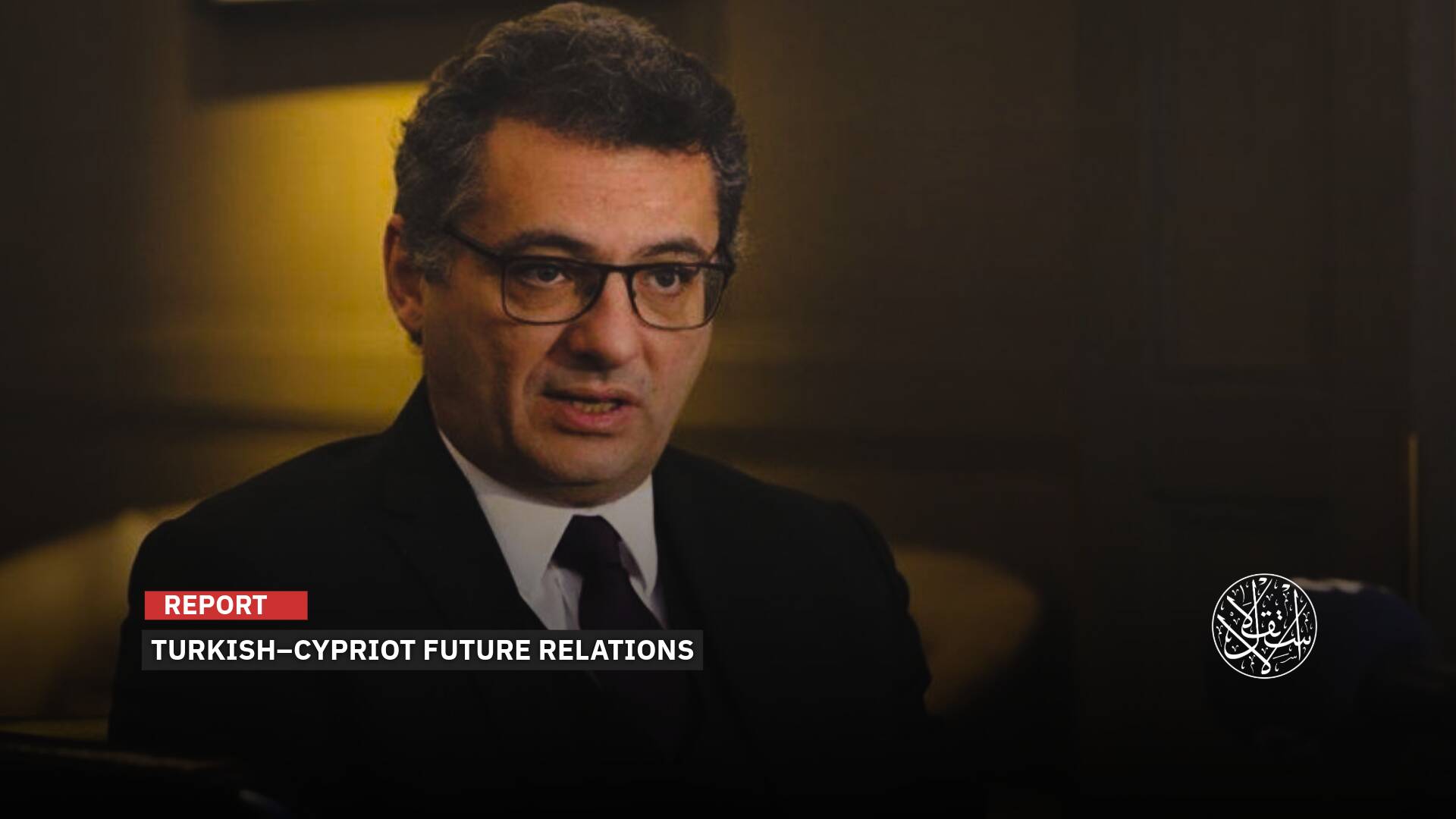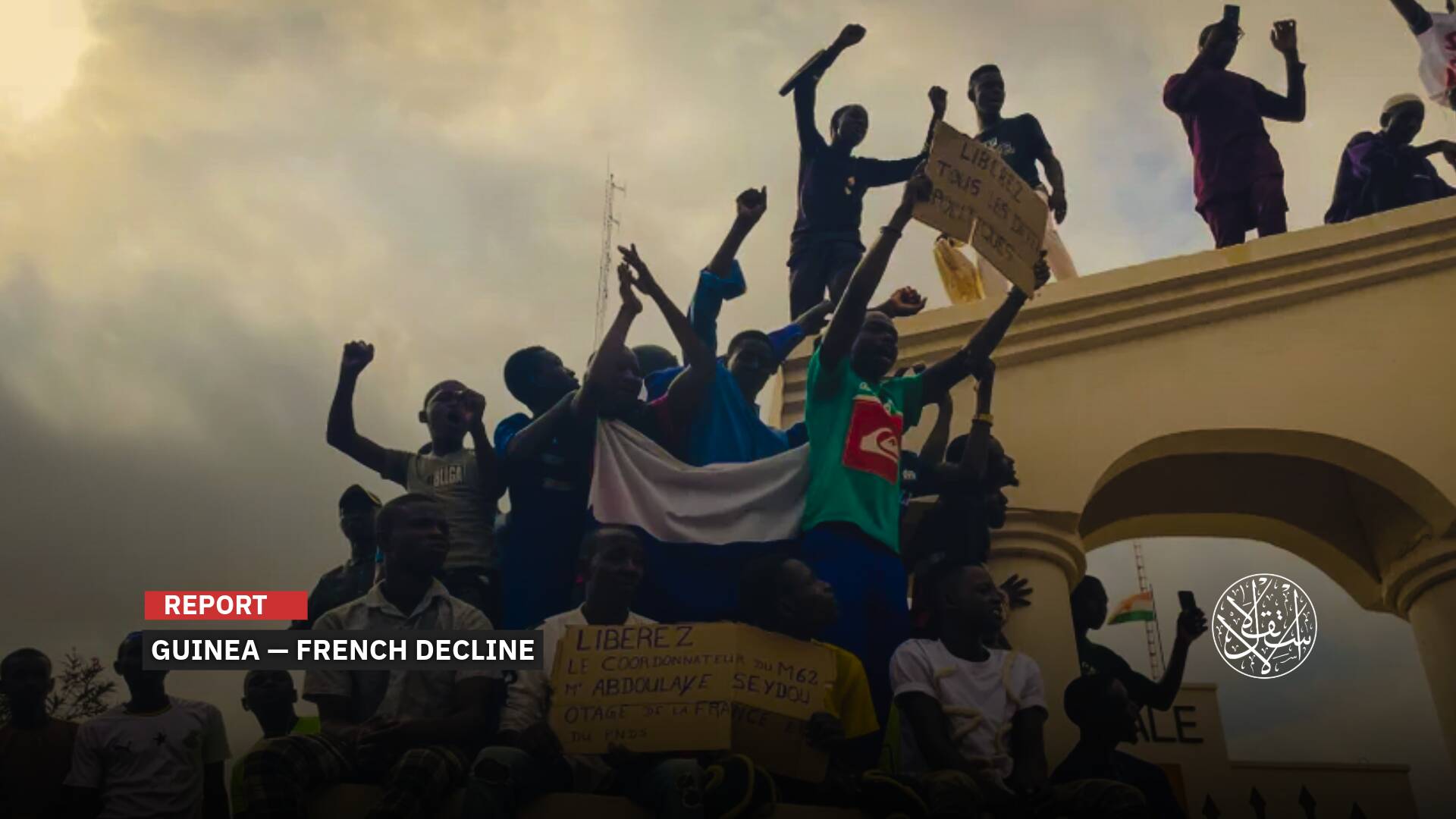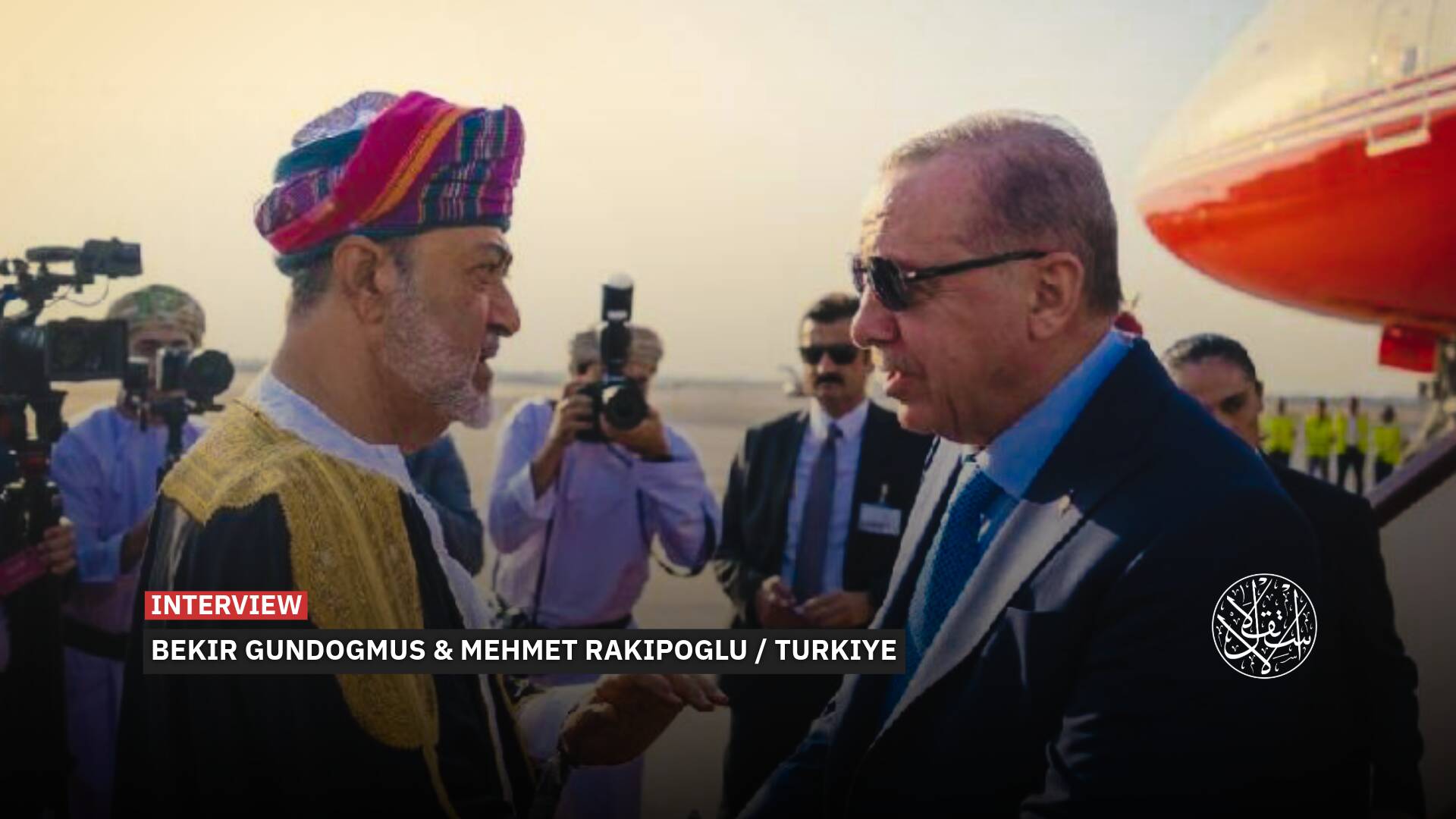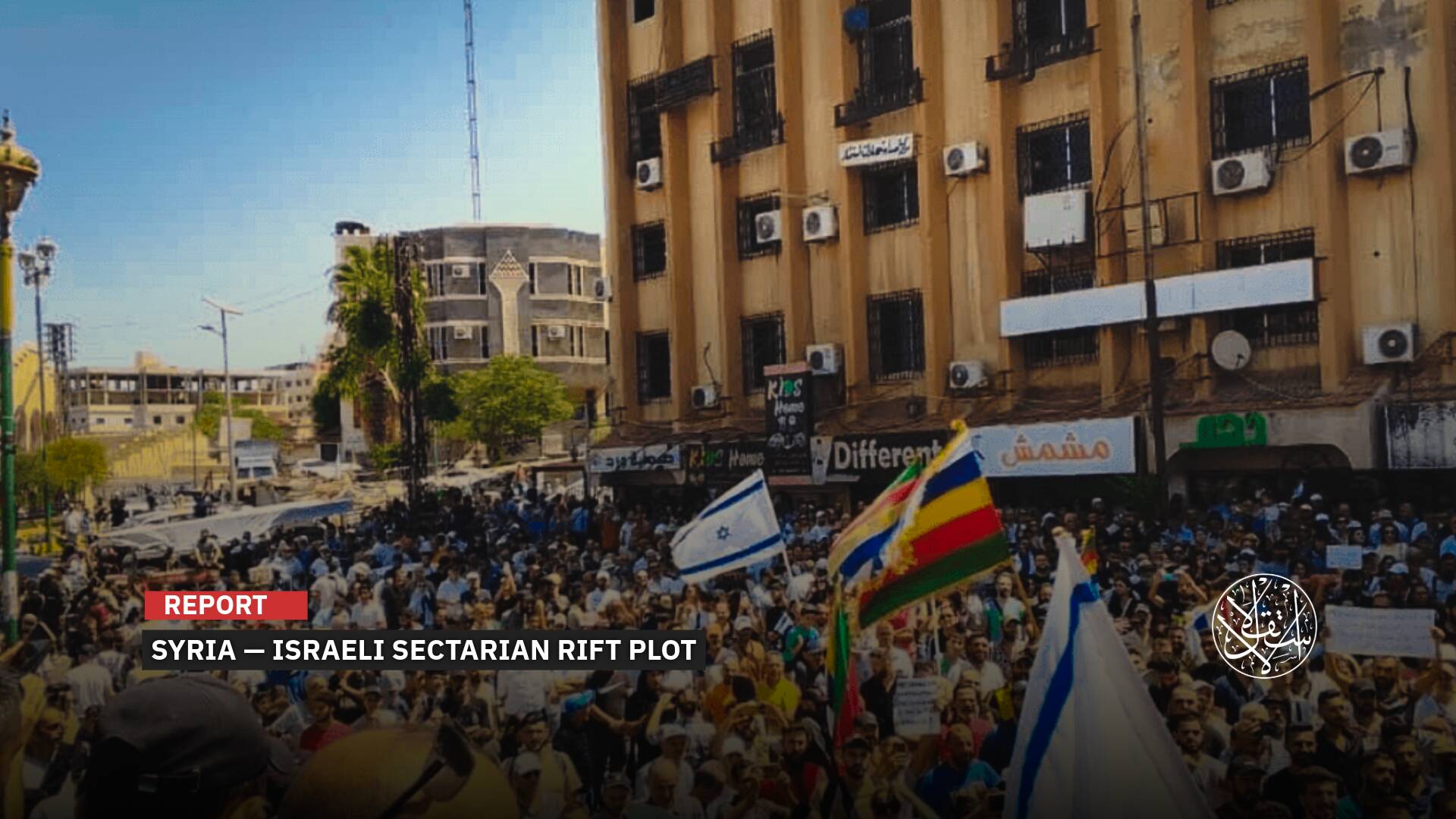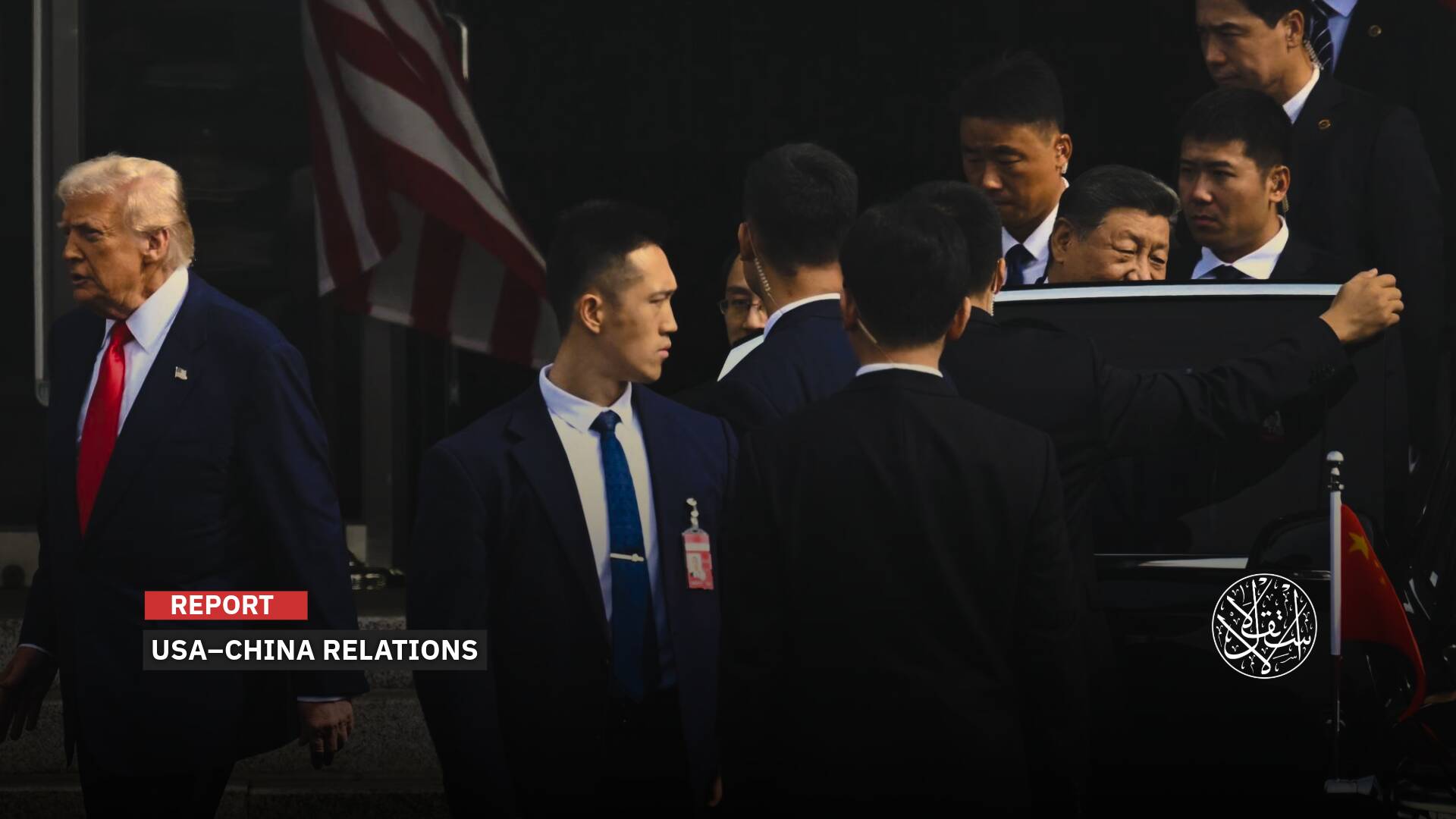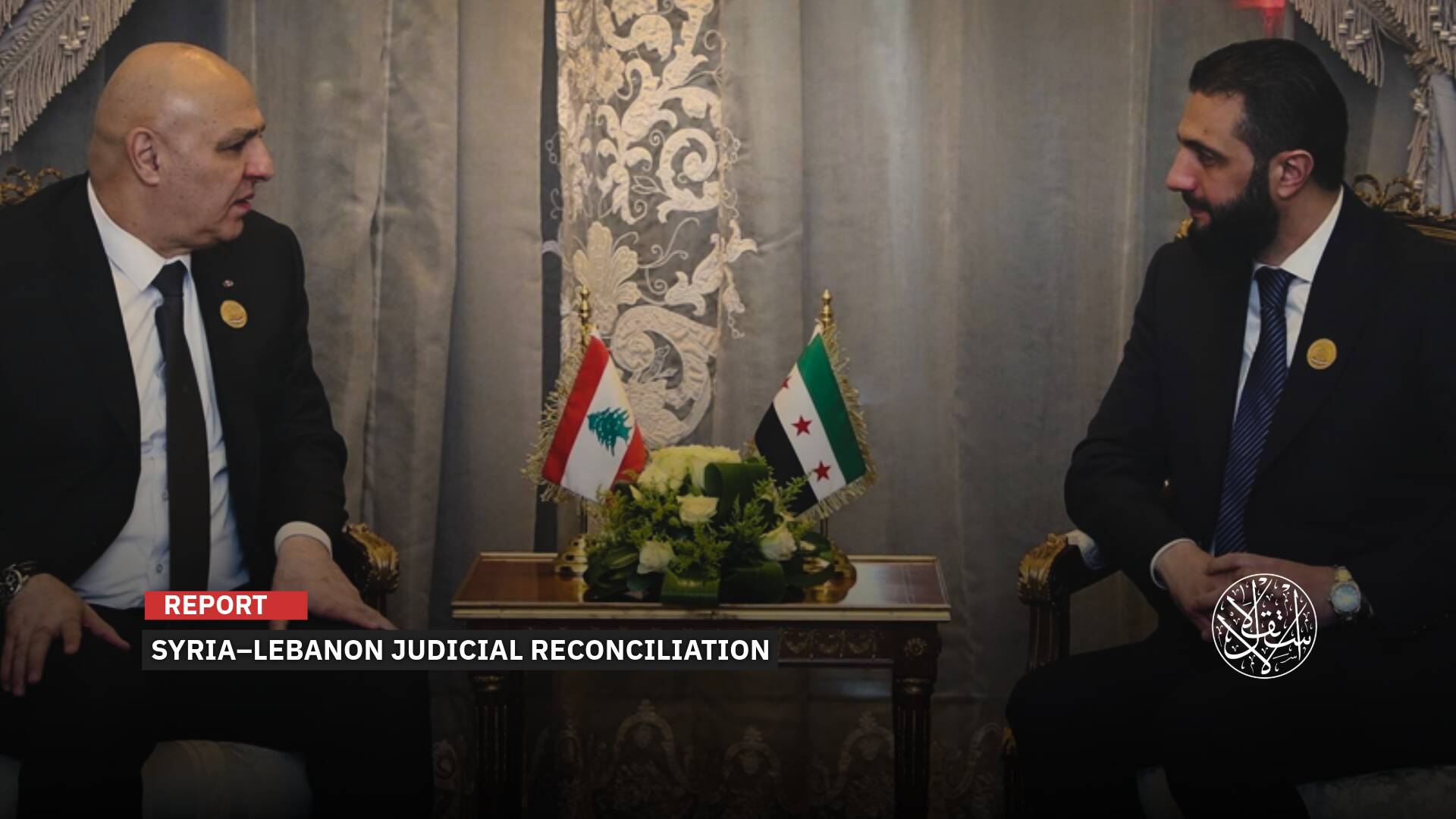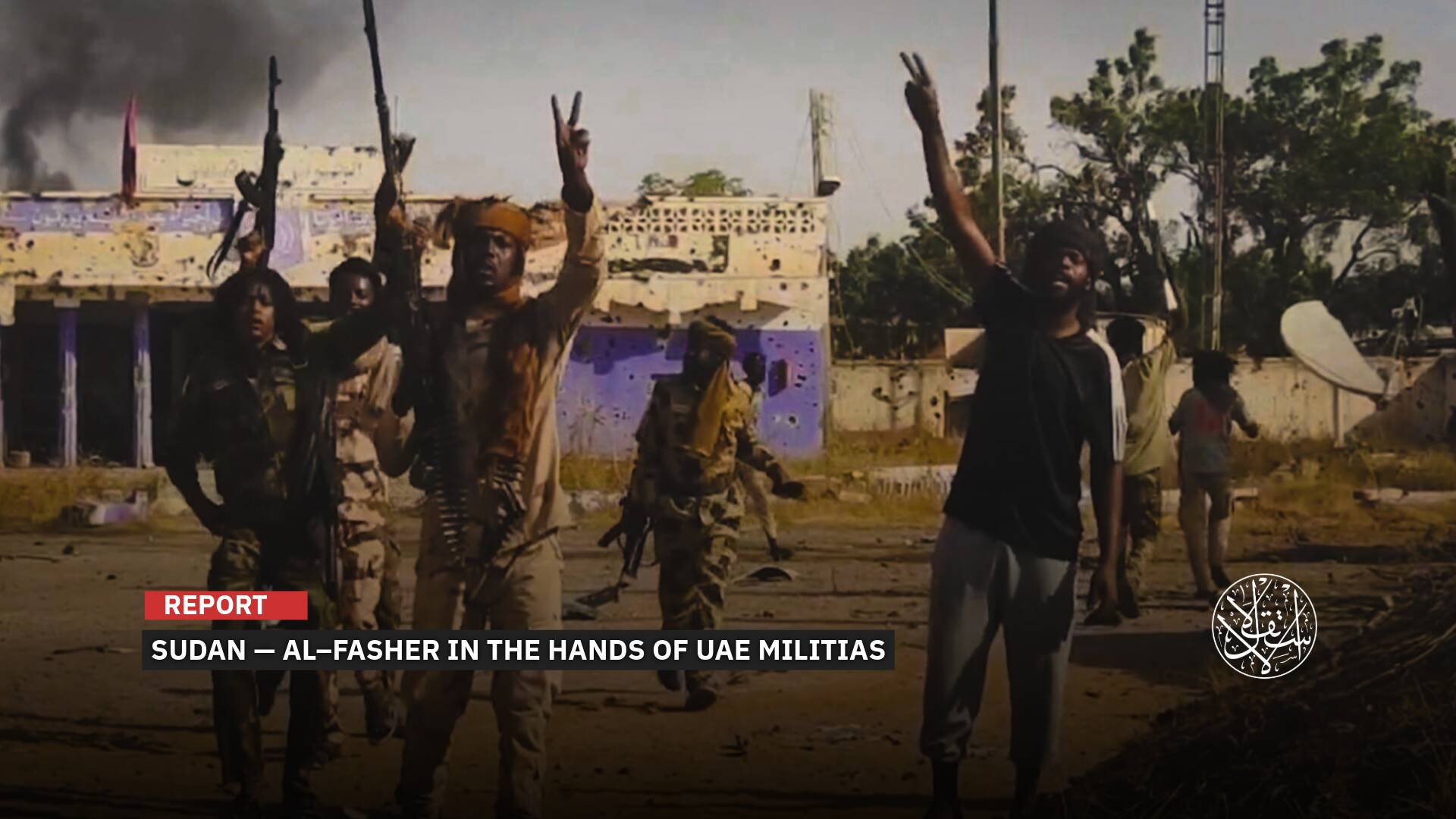‘Your Time’s Up’: Will Trump's Strikes Bring an End to the Houthis in Yemen?

"These strikes may hit hard, but they won’t break the Houthis or wipe them out."
President Donald Trump’s announcement of ordering “decisive” military operations against the Houthis in Yemen has raised questions about the effectiveness of these strikes and whether they could ultimately weaken the group's influence in the country.
Kicking off his new term by designating the Houthis as a terrorist organization, Trump ordered military strikes on March 15, 2025, in response to their attacks on ships in the Red Sea “in support of the Palestinians,” warning of consequences if they do not cease their actions.

‘Your Time’s Up’
On March 15, Donald Trump ordered military strikes against Yemen's Houthis and warned Iran against backing the group. Announcing a “decisive attack” on the Houthis, he cautioned, “hell will rain down upon you” if they did not abandon their campaign. Posting on Truth Social, the U.S. president stated, “Houthi attack on American vessels will not be tolerated.”
The U.S. forces are carrying out airstrikes on Houthi bases, leaders, and missile defenses to protect American shipping, air, and naval assets, and to restore freedom of navigation, he added.
“No terrorist force will stop American commercial and naval vessels from freely sailing the Waterways of the World.”
Trump also delivered a warning for Iran, the Houthis’ main backer, saying it must “immediately” end support for the group. He warned that if Iran threatened the American people or their president, “America will hold you fully accountable and, we won’t be nice about it!”
Secretary of State Marco Rubio told CBS News on March 17 that strikes in Yemen will continue until the Houthis lose the ability to target ships, ruling out ground operations for now.
Defense Secretary Pete Hegseth echoed this stance, stating that the airstrikes would persist until the Houthis cease fire on ships and maritime assets.
“We don't care what happens in the Yemeni civil war,” he said.
“This is about stopping the shooting at assets in that critical waterway, to reopen freedom of navigation, which is a core national interest of the United States.”
On January 22, 2025, Trump signed an executive order reclassifying the Houthis as a “Foreign Terrorist Organization” (FTO), reversing his predecessor Joe Biden’s 2021 decision to remove them from the list.
Following the outbreak of Operation al-Aqsa Flood on October 7, 2023, and the Houthis’ entry into the conflict by targeting ships in the Red Sea and Gulf of Aden “in support of the Palestinians,” Biden had designated them in 2024 as “Specially Designated Global Terrorists” (SDGT).
The SDGT designation focuses primarily on freezing assets and restricting financial transactions, with some exemptions for humanitarian aid. The FTO classification, issued by the State Department, imposes stricter sanctions and severe penalties for violations.

Exploiting U.S. Attacks
On the effectiveness of U.S. strikes in ending Houthi dominance in Yemen, Yemeni military and strategic expert Mohammed al-Kumaim stated that the Houthis have faced American attacks since 2024, but these strikes lacked strategic value and did not target their leadership.
“The current strikes ordered by Trump are more focused, though their impact remains unclear,” Al-Kumaim told Al-Estiklal. “There is a shift in the U.S. target bank this time, but it won’t significantly weaken the Houthis’ capabilities.”
He explained that the Houthis have leveraged Yemen’s geography and terrain, stockpiling weapons and missiles while mastering concealment tactics. “They have historically used the mountains as shelters and hideouts for their leaders,” he said.
Al-Kumaim noted that the Houthis operate like a guerrilla force rather than a conventional army, embedding themselves among civilians and storing weapons in residential areas. “These strikes may hit hard, but they won’t break the Houthis or wipe them out,” he added.
The military expert urged Yemen’s legitimate government to take decisive military action, seizing the opportunity presented by the current political and military developments to change the situation on the ground. “Without this step, no amount of airstrikes will make a difference—especially since the Yemeni armed forces are capable of taking control of Sanaa.”
According to al-Kumaim, Yemeni forces currently encircle the Houthis across a 1,500-kilometer stretch, from Midi in the Red Sea to al-Mokha. “The Houthis are surrounded by powerful forces on all fronts,” he stated.
However, he pointed out that Yemen’s military and political decisions remain constrained by international interventions, with the government exercising political caution to prevent civilian casualties. “At the end of the day, the Houthis are an Iranian-backed terrorist militia threatening Yemen, the region, and the world.”
Regarding arms supplies, al-Kumaim asserted that Iranian weapons continue to flow into Yemen, supplemented by Russian and Chinese military support. “This growing foreign involvement could complicate the war in Yemen if it escalates,” he warned.
He also highlighted the increasing Russian and Chinese presence in the Yemen conflict, especially after the decline of Iran’s influence in Lebanon and Syria. “There is an effort to make Yemen the new stronghold of this axis, given its critical geopolitical and geostrategic location.”

Yemeni Army Prepares for Strategic Offensive
Abdulsalam Mohammed, head of the Yemeni think tank Abaad Studies Center, stressed that Yemen’s government must shift the battle against the Houthis to open terrain, where their capabilities can be neutralized early in the conflict. “The Yemeni army’s priority should be to fully liberate the coast,” he said. “The sands of Tihamah will become the Houthis’ graveyard.”
In a series of posts on X on March 16, Mohammed outlined a strategy that involves draining the Houthis on multiple fronts before securing the coastline. “Once the army gains full control of the coast, the Houthis will have been eliminated from several provinces—including al-Jawf, Marib, Taizz, Al-Bayda’, al-Hudaydah, and possibly Dhamar and Ibb.”
Abdulsalam suggested that capturing Sana’a might not even require military action. “The Yemeni people will take care of that,” he said, predicting that the Houthis are in their final days. “They have two choices: surrender to the Yemeni state or face defeat.”
For the internationally recognized government, he warned that failing to act could be costly. “Either it seizes the moment and leads the army to Sana’a, or new battlefield leadership will take over—leaving the government forgotten.”
On March 15, Yemen’s Ministry of Defense announced heightened combat readiness across multiple battlefronts, including in Marib province. Defense Minister Lt. Gen. Mohsen Mohammed al-Daeri called Chief of General Staff Lt. Gen. Sagheer Hamoud Aziz to assess military preparedness, particularly in Marib.
Al-Daeri reaffirmed the Presidential Leadership Council’s commitment to supporting the armed forces and boosting troop morale. Aziz, for his part, stressed that the military stands ready to carry out any political or military directives to complete the liberation of Yemen and defeat the Houthis.
Sources
- Dozens reported killed after Trump orders ‘decisive’ strikes against Yemen’s Houthis
- Trump warns Iran it will face ‘consequences’ of further attacks from Yemen’s Houthi rebels
- US vows 'unrelenting' campaign to halt Huthi ship attacks
- The Yemeni Ministry of Defense raises the readiness of its forces in preparation for fighting the Houthis. [Arabic]
- https://www.alestiklal.net/en/article/at-home-and-abroad-can-yemen-s-government-leverage-the-houthi-terrorist-designation


